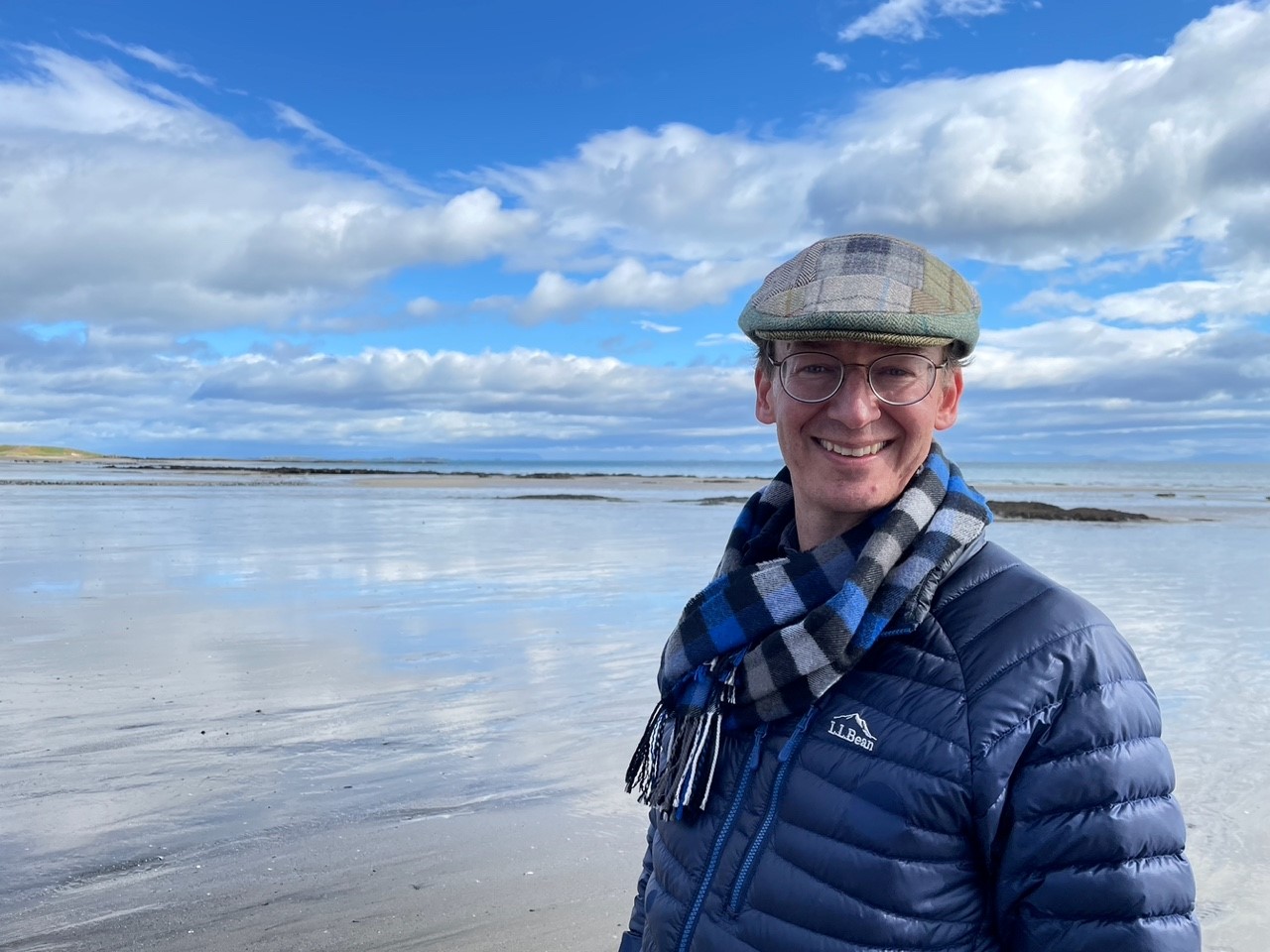Daniel I. Bolnick
The Distinguished Naturalist Award of the American Society of Naturalists is given annually to an active midcareer scientist who has contributed significantly to the knowledge of a particular ecosystem or group of organisms and who, through this work, has illuminated key principles of evolutionary biology and an enhanced appreciation of natural history. The winner of the ASN Distinguished Naturalist Award in 2023 is Daniel Bolnick, Professor at the University of Connecticut.
Professor Bolnick has conducted influential research at the intersection of ecology and evolution, making significant contributions with both theoretical and empirical studies. His detailed work on the three-spine stickleback has greatly enriched our understanding of the natural history of that model species. Much of his research concerns the maintenance and consequences of within-species trait variation, including the mechanisms of disruptive selection, negative frequency-dependence, and the role of rarity in promoting disruptive selection throughout the animal kingdom.
Another foundational contribution involves the phenomenon of parallel evolution, again exploiting sticklebacks as a model system. Using an array of genetic and statistical techniques, Bolnick and his colleagues studied phenotypic traits and genomic data in replicate pairs of lake and stream sticklebacks to demonstrate that the widely accepted view of stickleback evolution as highly parallel is incorrect. This research has yielded a more rigorous definition of parallel evolution for any species and statistical measures to quantify it.
Bolnick’s field research on a pair of stickleback populations in a lake and an adjacent stream led to yet another line of research on the generation, maintenance, and consequences of intraspecific variation. The finding that individuals from lake and stream populations prefer to settle in their respective habitats led to further studies on the mechanistic basis for this genotype-specific behavior, as well as to a theory of adaptation via genotype-dependent-dispersal. This research counters the widely held view that gene flow is necessarily a maladaptive force acting against natural selection.
Focusing on within-species variation in stickleback diet, Bolnick’s laboratory studied the effect of this variation on the gut microbiome, including differential infection rates of intestinal parasites. Differential infection implies variable selection on immunity and tolerance, and Bolnick’s group has elucidated the costs and benefits that generate variation in immunity among stickleback populations.
Daniel Bolnick, through a combination of natural history, field and laboratory experiments, statistical explorations, and theoretical models, has produced a large and expanding body of research that informs evolution and ecology. His contributions clearly merit the Distinguished Naturalist Award.
